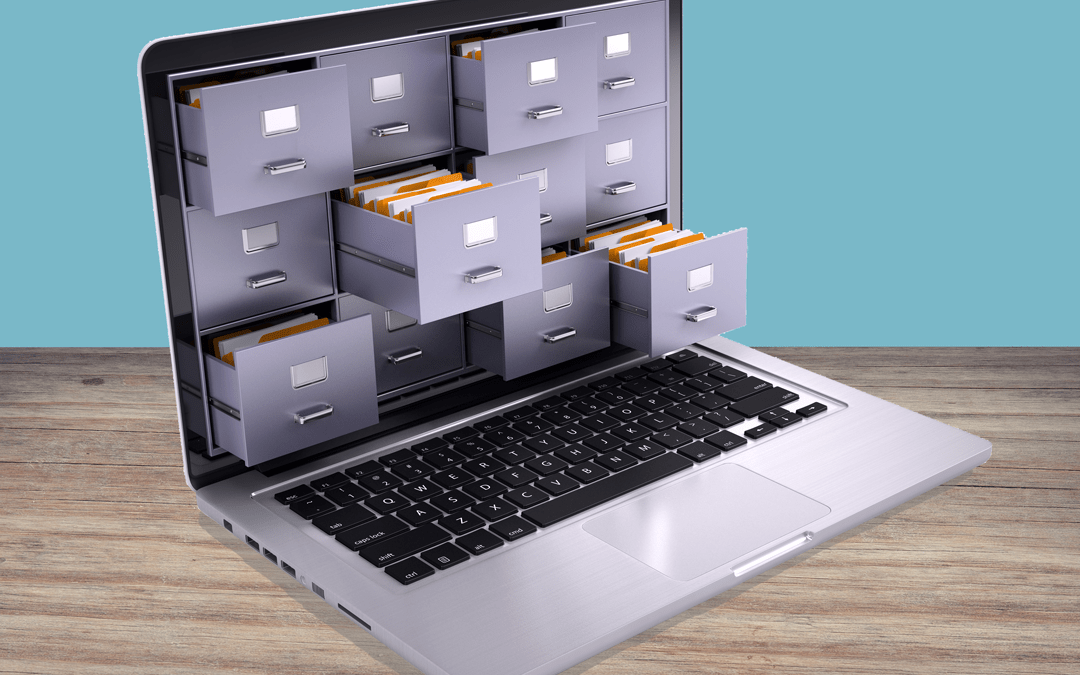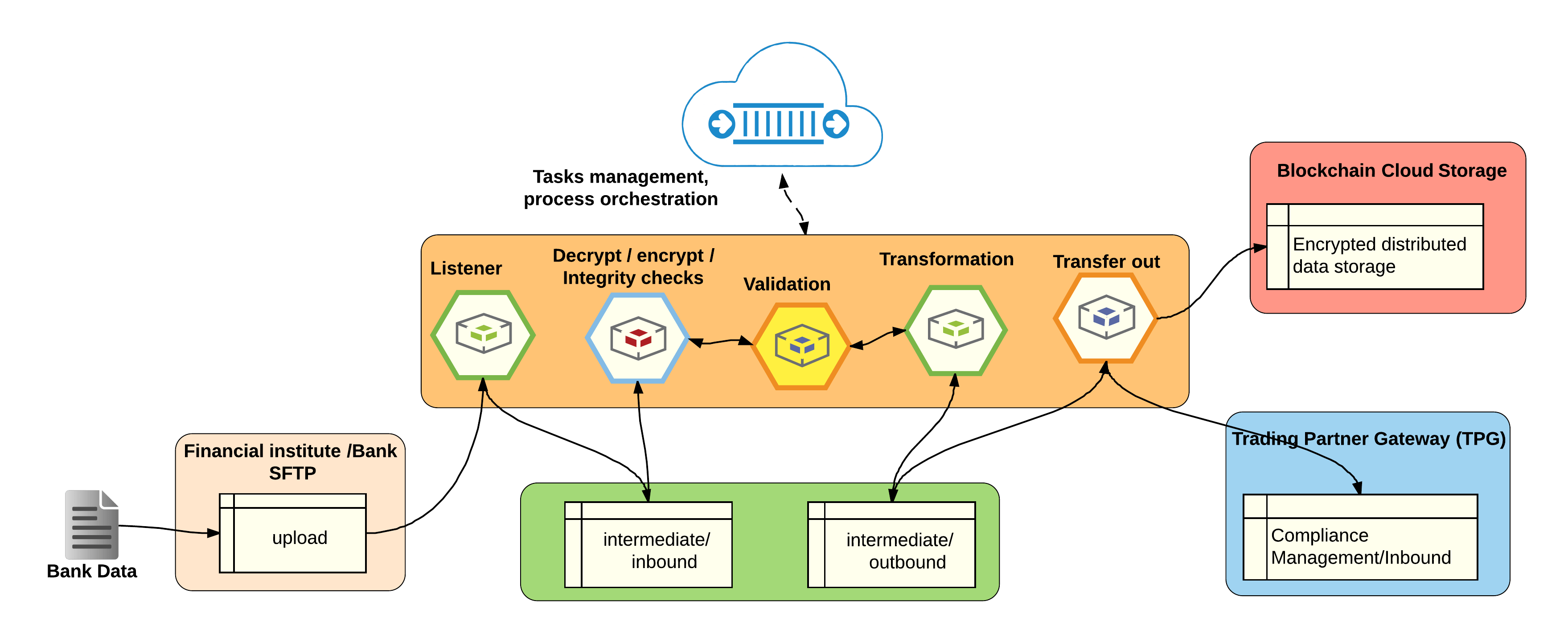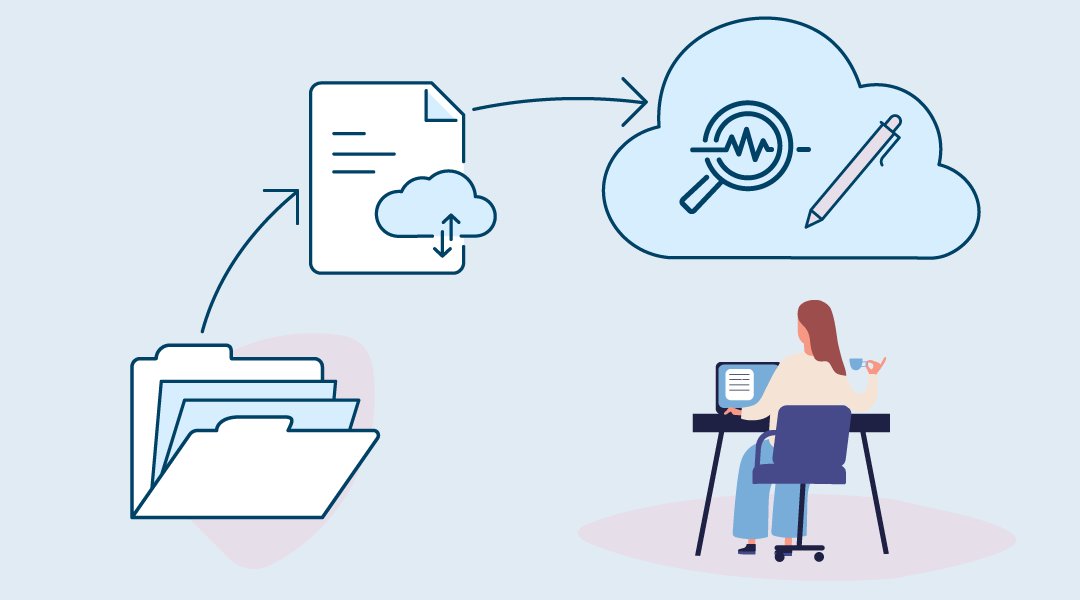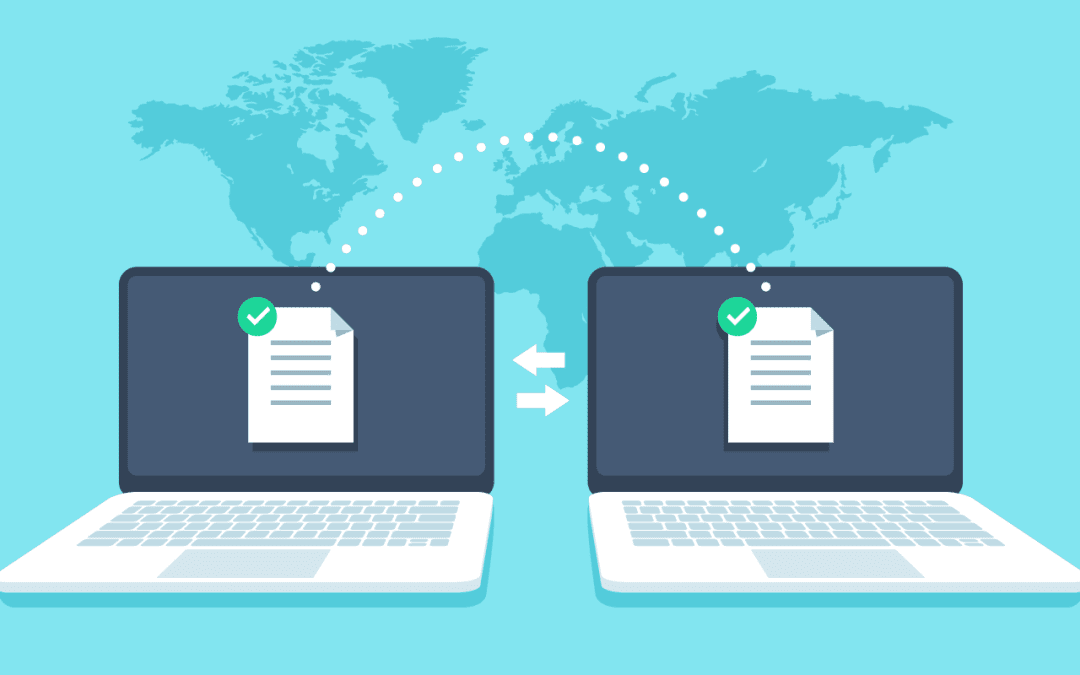
Expandable File Based Integration
Posted onAugust 3, 2017
Traditional Managed File Transfer (MTF) systems have become outdated. Their limited functionality, accompanied by an inability to scale alongside larger business needs, has paved the way for a new Managed File Transfer workflow that boasts a microservices architecture...




